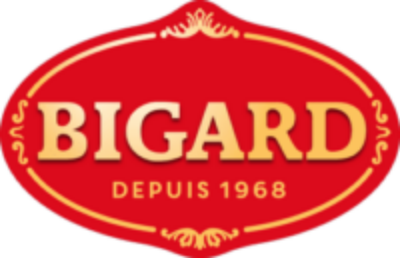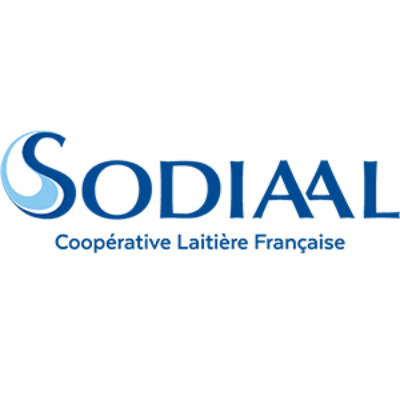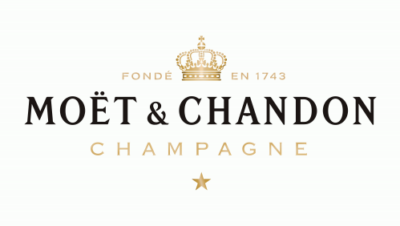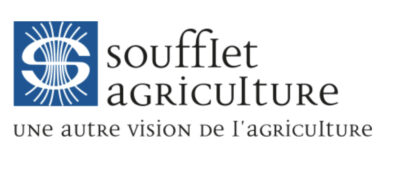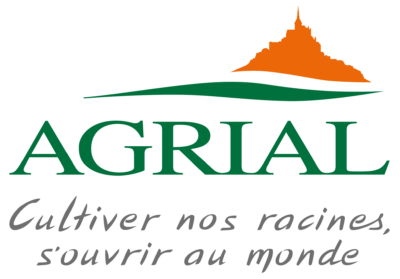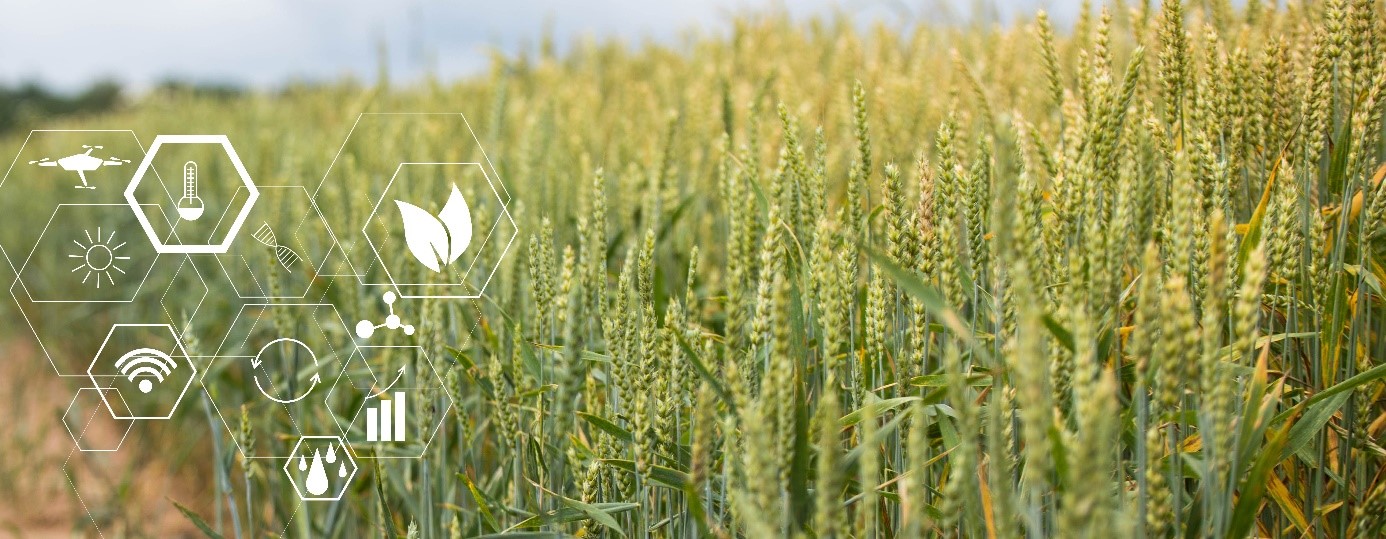
Bioeconomy
Eastern France places the bioeconomy at the centre of its economic development. Thanks to its rich agricultural and forestry land, the region is renowned for its many activities in the production and exploitation of natural resources.
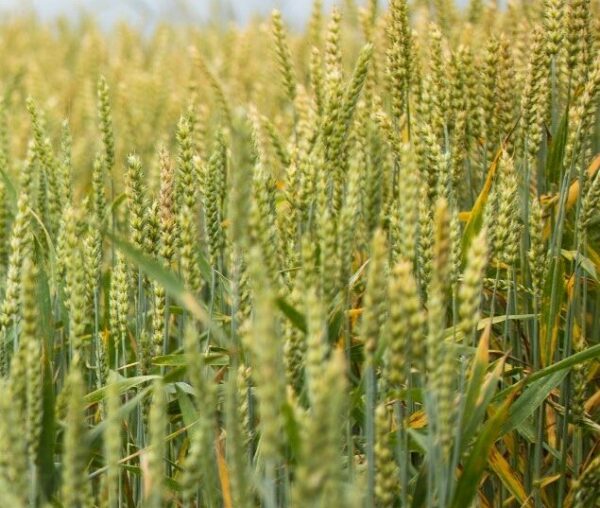
The ambition of Eastern France :
Be a European leader in products and solutions derived from biomass processing
This recognition and ambition go hand in hand with actions and resources.
- Eastern France’s Bioeconomy Priorities
- A territory rich in biomass and supported by a state-of-the-art agri-food sector
- Biorefineries, cornerstones of industrial ecology in Eastern France
- Eastern France, a leader in bioenergy
- Research for the Bioeconomy in Eastern France
- Eastern France at the forefront of innovation in the Bioeconomy
Eastern France’s Bioeconomy Priorities
Eastern France has built a real strategy around the economy of life. This is accompanied by substantial financial resources of around €35 million of aid per year. They cover support for projects falling under the following five main themes:
- supporting sustainable agriculture through biocontrol, biofertilisation and precision farming
- sustainable food through the use of organic ingredients, sustainable packaging and traceability
- support for industrial ecology with the development of regional reference biorefineries
- development of local energy strategies (self-consumption and bioenergy)
- the use of bio-sourced materials with the emergence of new composite materials and the use of wood construction
A web portal dedicated to this strategy has been developed by the Grand Est region:
A territory rich in biomass and supported by a state-of-the-art agri-food sector
France’s second largest agricultural region, Eastern France exploits its biomass, which is available in abundance in the territory.
- + 50% of the land devoted to agriculture / 3 million hectares cultivated
- Nearly 50 000 farms (~ 10% of French farms)
- No. 1 in France for the production of cereals (1. 37 million ha), oilseed protein crops, vines (48,000 ha), hops and hemp
- 75 000 jobs in agriculture
- Nearly 2 million hectares of forest,
- No. 1 in France for the production of wood pulp and for the paper industry.
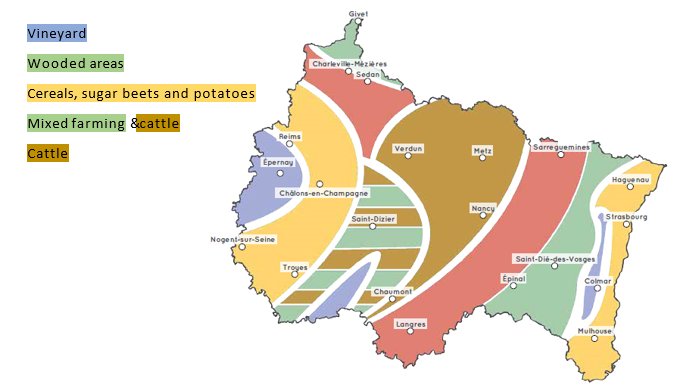
Thanks to the excellence of its Industry 5.0 and the historical know-how of its agricultural, forestry and wine producers, Eastern France is internationally renowned in the agri-food sector:
- €10. 4 billion of annual value added
- No. 1 in France for the export of agri-food products (€5. 5 billion trade surplus)
- Nearly 2000 agri-food companies representing ~10% of the national total
- 38 000 jobs in the agri-food sector
- 95% of its white wines classified in PDO (Champagne and Alsace wines)
- There are 10 of the 15 largest French agri-food groups in the region:
Convinced by these assets, many foreign companies have already chosen to establish themselves in Eastern France. Today, they strengthen the dynamism and attractiveness of the sector. 6 of the 10 world leaders in the agri-food industry are present in Eastern France


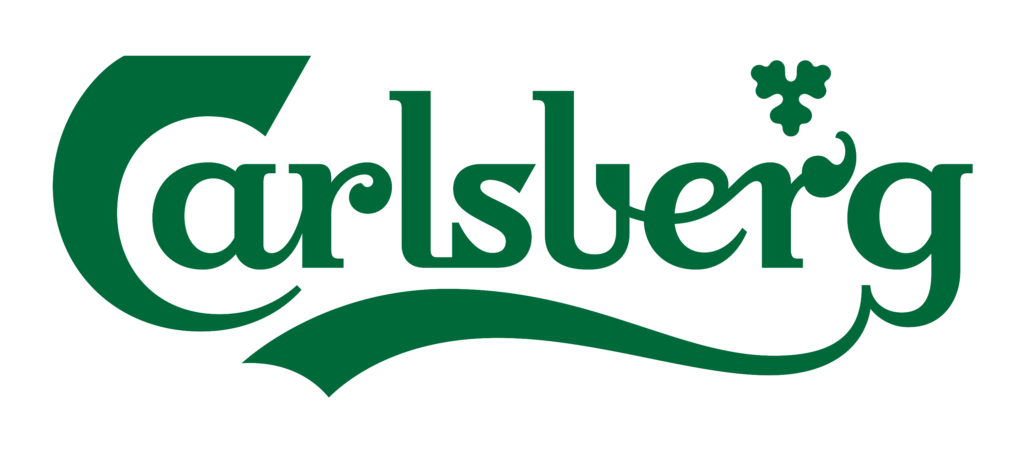


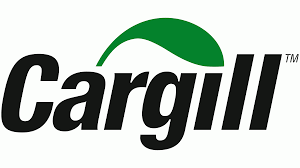
To capitalize on this concentration of expertise and know-how, many of these companies have joined the AGIRA Grand Est association. It pools resources and actions to ensure the competitiveness of its members.
Biorefineries, cornerstones of industrial ecology in Eastern France
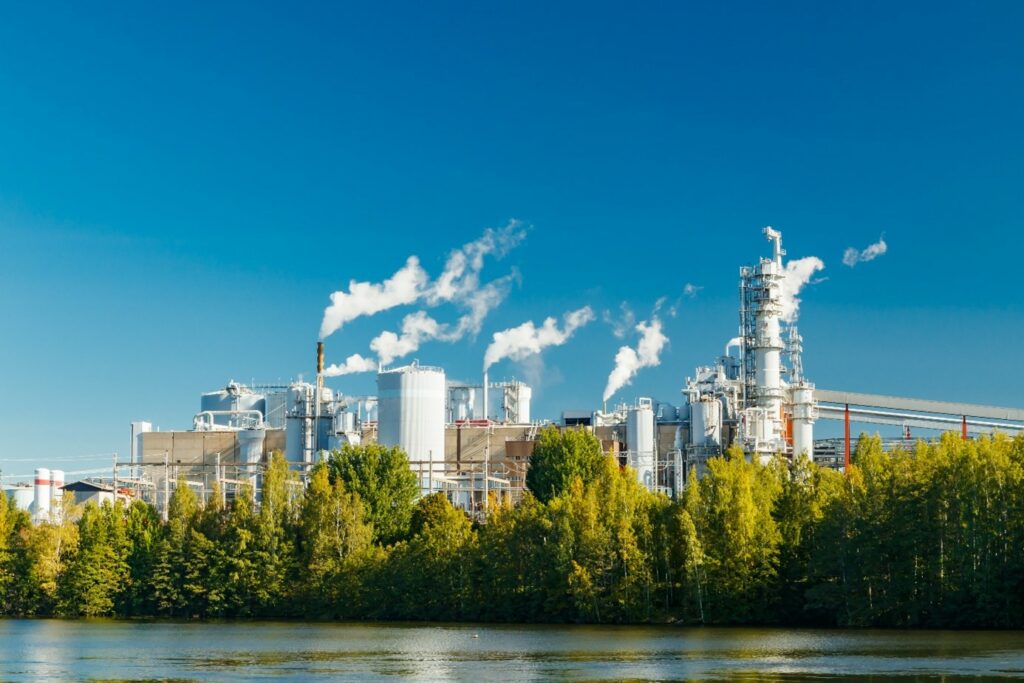
One of the cornerstones of the performance of the bioeconomy sector in Eastern France is the presence of several excellent biorefineries. These are evenly distributed throughout the country.
Biorefineries are industrial facilities that convert crop crops and biomass into biofuel. They produce heat and power as well as value-added chemicals, biomaterials and even food products.
Focus on biorefineries in Eastern France
By bringing together the various actors in the life economy, these circular ecosystems make it possible to optimise the use of local biomass resources as raw materials and to make full use of it, both for food and industrial applications.
One of the most integrated biorefineries in Europe is located at Pomacle Bazancourt, in the Marne region. Located a few kilometres from Reims, its particularity lies in its open industrial and innovation hub.
6 biorefineries of excellence in Eastern France have chosen to join the Club des biorefineries territorial du Grand Est. The aim of this club is to share knowledge and experience.
Eastern France, a leader in bioenergy

Eastern France has set itself the goal of producing 100% decarbonised energy by 2050. The development of renewable energies is thus at the heart of its priorities. It is already in the lead in many bioenergy sectors:
- No. 1 in France for the production of biogas and biofuels (15% of national production)
- No. 2 in France for wood energy production (22% of national production)
- No. 2 in France for wind power (22% of national production)
- European Corridor for the Development of Hydrogen Use
- Eastern France is the French centre for the technological development and exploitation of deep geothermal energy (electric and thermal).

Focus on the clusters in Eastern France
Two clusters are deploying their forces on the subject of renewable energy in the region. On the one hand, Biogaz vallée, which focuses on the methanization of agricultural and agro-industrial residues. On the other hand, the competitiveness cluster Materalia, which supports projects working for the energy transition around building materials.
At the same time, Eastern France region trains engineers and researchers through its universities and public research bodies. It also offers training courses specific to renewable energies, such as the training of maintenance technicians in a wind farm in Charleville-Mézières, the global certification BZEE (BildungZentrum für Erneuerbare Energien), and soon GWO (Global Wind Organisation).
Research for the Bioeconomy in Eastern France
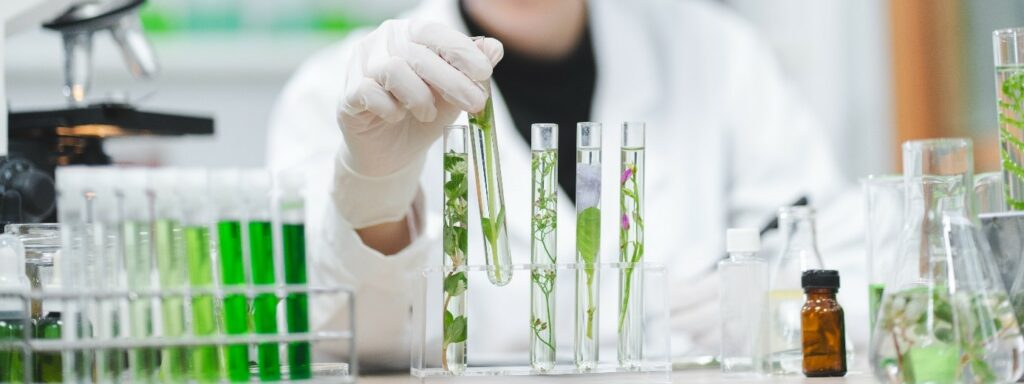
Strong support is dedicated to research and innovation around the Bioeconomy in Eastern France. Three competitiveness clusters support the sector:
- Bioeconomy for Change, a global cluster, strengthens the competitiveness and industrialization of companies through innovation.
- Build & Connect, a competitiveness cluster dedicated to the building industry, federates all players in the value chain.
- Materalia, a competitiveness cluster focused on materials for the energy transition.
The global groups present in Eastern France have made the region a major R&D hub.
They are supported by academic research centers:
Public and private research centers of excellence:
- Centre Européen de Biotechnologie et de Bioéconomie (CEBB), which brings together four academic research chairs: AgroParisTech, entraleSupélec, NEOMA Business School and the University of Reims Champagne-Ardenne.
- L’Institut national de recherche sur l’agriculture et l’environnement (INRAE)
- Numerous laboratories of Eastern France renowned universities (Université de Champagne-Ardenne, Université de Lorraine and Université de Strasbourg) and grandes écoles.
But also on the many structures serving technology transfer or experimental platforms:
- ARD (Agro-Industrie Recherches Développement),
- FRD (Fibres Recherches Développement),
- RITTMO Agroenvironnement,
- Aérial,
- CRITT Bois,
- CETELOR,
- Terralab, a bioeconomy farm
- Network of experimental farms (ARVALIS…)
Eastern France at the forefront of innovation in the Bioeconomy

Eastern France also offers many forms of support for start-ups through its network of start-up incubators. Within this network, the “Quest for Bioeco” incubator is dedicated to supporting bioeconomy startups throughout the region.
From technologies for sustainable agriculture to the various ways of valorizing biomass, more than 28 highly innovative projects are currently being incubated here, including a number of foreign start-ups
Dedicated support for wine, beer and spirits start-ups is also available.
Last but not least, Eastern France offers dedicated support for wine, beer and spirits start-ups: the Bernard Magrez Start-Up Win Incubator. The result of a partnership between renowned winegrower Bernard Magrez, Quest for Change and the Académie Internationale du Vin, it is located in Landersheim, near Strasbourg.




